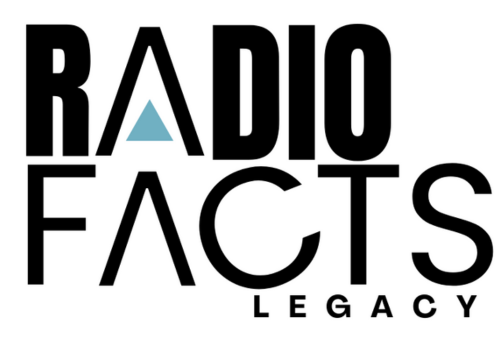Private Equity Firms’ Expanding Presence
The Wall Street Journal reports that private equity firm KKR has spent over $2 billion to acquire more than 5,200 apartment units across 18 mid and high-rise buildings. This follows Blackstone’s $10 billion purchase of the landlord apartment income REIT in April and Brookfield’s acquisition of 7,000 apartments for $1.55 billion last month.
How Private Equity Firms Operate
Private equity firms raise funds from institutional and accredited investors, investing in various assets to achieve high returns. These firms entered the multifamily and single-family housing markets significantly after the last housing crisis. They typically make quick changes to increase profitability, often by raising rents and reducing building maintenance expenses.
Impact on Tenants
Reports indicate that tenants in private equity-owned buildings often face neglect. Issues such as black mold, non-functional AC units, and delayed maintenance requests are common. This neglect is driven by the firms’ focus on maximizing profits for their investors.
Legal and Regulatory Environment
Private equity firms prefer to invest in states with weaker tenant protection laws, allowing them to operate with fewer regulations. This strategy has intensified the housing crisis, reducing the inventory of residential properties available for middle-class families to purchase and build wealth.
Broader Economic Implications
Institutional investors may control up to 40% of U.S. single-family rental homes by 2030, according to MetLife Investment Management. This shift threatens the traditional pathway for Americans to build wealth through homeownership, exacerbating economic disparities.
Legislative Response
Senator Jeff Merkley and Representative Adam Smith introduced the “End Hedge Fund Control of American Homes Act” to require large funds to divest from single-family home ownership over ten years. However, the bill has not gained significant traction in Congress.
Political Landscape and Challenges
Despite the growing housing crisis, the Biden administration and other political leaders have not prioritized addressing the influence of private equity firms in the housing market. The lack of inventory and rising housing costs continue to burden Americans, contributing to economic dissatisfaction.
Conclusion
The increasing control of private equity firms over the housing market presents significant challenges for American families. Legislative efforts to curb this influence face substantial obstacles, leaving many renters and potential homeowners in precarious situations. The current political and economic systems continue to prioritize corporate interests, often at the expense of ordinary citizens.












